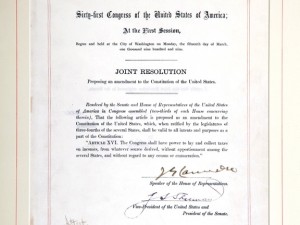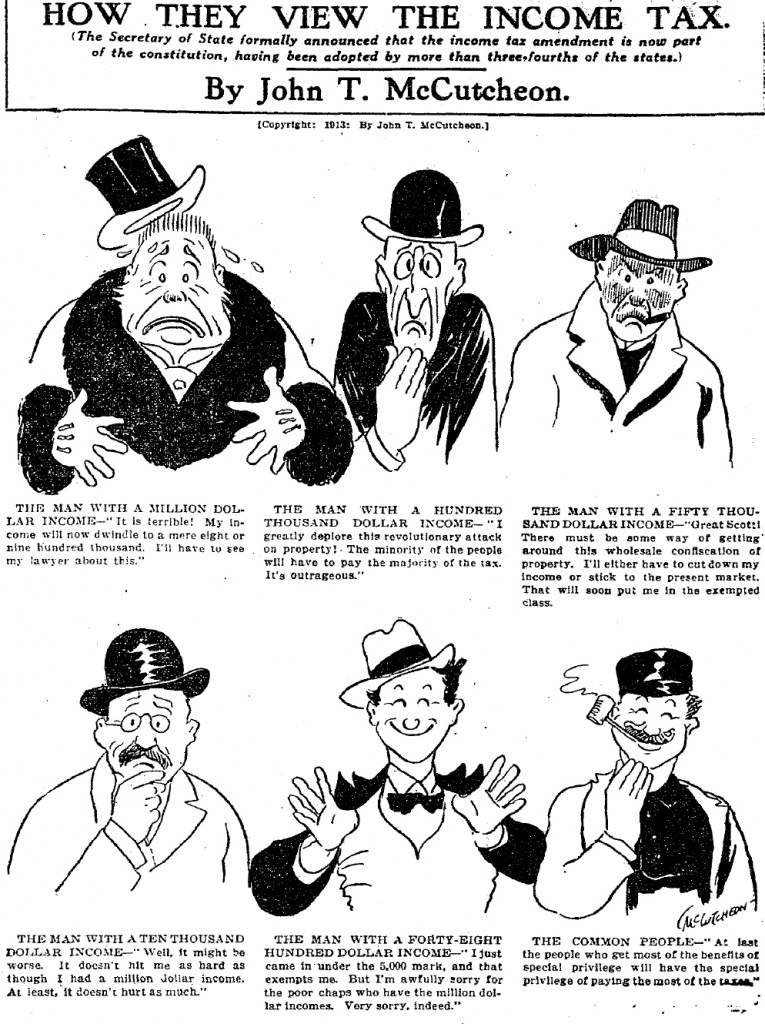Tax Time
 Here’s how my April 15th went.
Here’s how my April 15th went.
Visited grumpy son–bailed him out of relatively minor credit card debt.
Spoke to grumpy daughter- Navy boyfriend has just left for 9 months in Qatar.
Finished the taxes–more or less.
Grumped a lot.
Had a glass of wine.
Wrote a big check.
A really big check.
Then wrote another one to the state of Connecticut.
Had another glass of wine.
Sat down to write the blog.
We’ll see how it goes.
Yes, I procrastinate filing my income tax, especially in years when I know it will cost me a bunch.
My first personal recollection of tax time is from my childhood. Every year my dad would finish his taxes somewhere around midnight on April 15th, load the entire family into the car and drive to the main post office in Philadelphia to put the envelope in the mail. It seemed like fun to us. I have no idea why he didn’t go alone and leave my mother at home with my brother and I asleep, but he didn’t. My brother and I looked forward to April 15th every year.
I did the same thing with my kids when we lived in New Haven. We would drive to the Brewery street post office where Uncle Sam himself would receive the envelope from one of us. It did ease the pain and help us remember why we pay taxes.
We would drive to the Brewery street post office where Uncle Sam himself would receive the envelope from one of us. It did ease the pain and help us remember why we pay taxes.
There were temporary federal taxes at various times in U.S. history, but with the passage of the Sixteenth Amendment in February, 1913 the income tax became a permanent part of American life.
Later in 1913 Congress levied a one percent tax on net personal incomes above $3,000 with a six percent surtax on incomes of more than $500,000.  On November 3, 1913, American citizens received information about the new national income tax including the fact that a married man living with his wife, with an income of $5,000 will pay $10 a year and if his income is $10,000 he will pay $60 a year. There were three pages of forms and one page of instructions.
On November 3, 1913, American citizens received information about the new national income tax including the fact that a married man living with his wife, with an income of $5,000 will pay $10 a year and if his income is $10,000 he will pay $60 a year. There were three pages of forms and one page of instructions.
What about my ancestors? Did they procrastinate? Did they pay? Did they cheat? How did they feel about taxes? How much did they pay?
Hmm… 1913… all of my grandparents were married adults by 1913, I wonder what they thought about this new tax. I can’t ask them, but I can look back at general reaction in 1913.
This from the Saturday Evening Post, May 13, 1913:
“The income-tax question is one that will not down. For the best of reasons this is true. Way down in the hearts of the masses of mankind there lurks a strong sense of justice, on which is founded the opinion that vast accumulations of wealth in the hands of individuals or corporations should help to support the Government under which they are acquired, by which they are protected and without which they would vanish.
And why not? Why tax the widow’s mite and the orphan’s bread, and not tax these accumulations? Why lay tribute on what we eat and wear, and leave untaxed millions in the hands of those who can never personally consume it, and with whom it is surplus?
If there ever was a time when the concentrated wealth of the land should bear its share of our enormous expenses of government it is now.
There is a necessity of an income tax now that did not exist when our Government was conducted economically. In all the history of the Government of the United States there never was such an era of prodigality as that on which we have fallen. The Prodigal Son in his most prodigal day was parsimonious when compared with some exhibitions of extravagance that have characterized our Government in recent times.”
And this from the Detroit Free Press:
“The conference committee has concluded to report the Senate’s amended provision of the income tax and the measure in that form will almost certainly go to the president and become law. This is highly unfortunate, for of all possible forms of the income tax the graduated scale is the most vicious.
Under the system now to be the policy of the United States the more diligent and enterprising a man is the more he will be taxed. If he is satisfied to make little he will be exempted from supporting his government. If he tries to do better and increase his wealth, part of what he makes will be taken from him, and the more he makes the more will be taken. It is a penalty on success and a premium on failure.”
My absolute favorite is a cartoon.
 Our opinion on economic policy often depends on where we sit on the economic ladder.
Our opinion on economic policy often depends on where we sit on the economic ladder.
My grandparents were close to the bottom of that ladder. I am sure they paid no income tax in 1914 and I suspect they thought the whole thing was a grand idea.

Leave a Reply